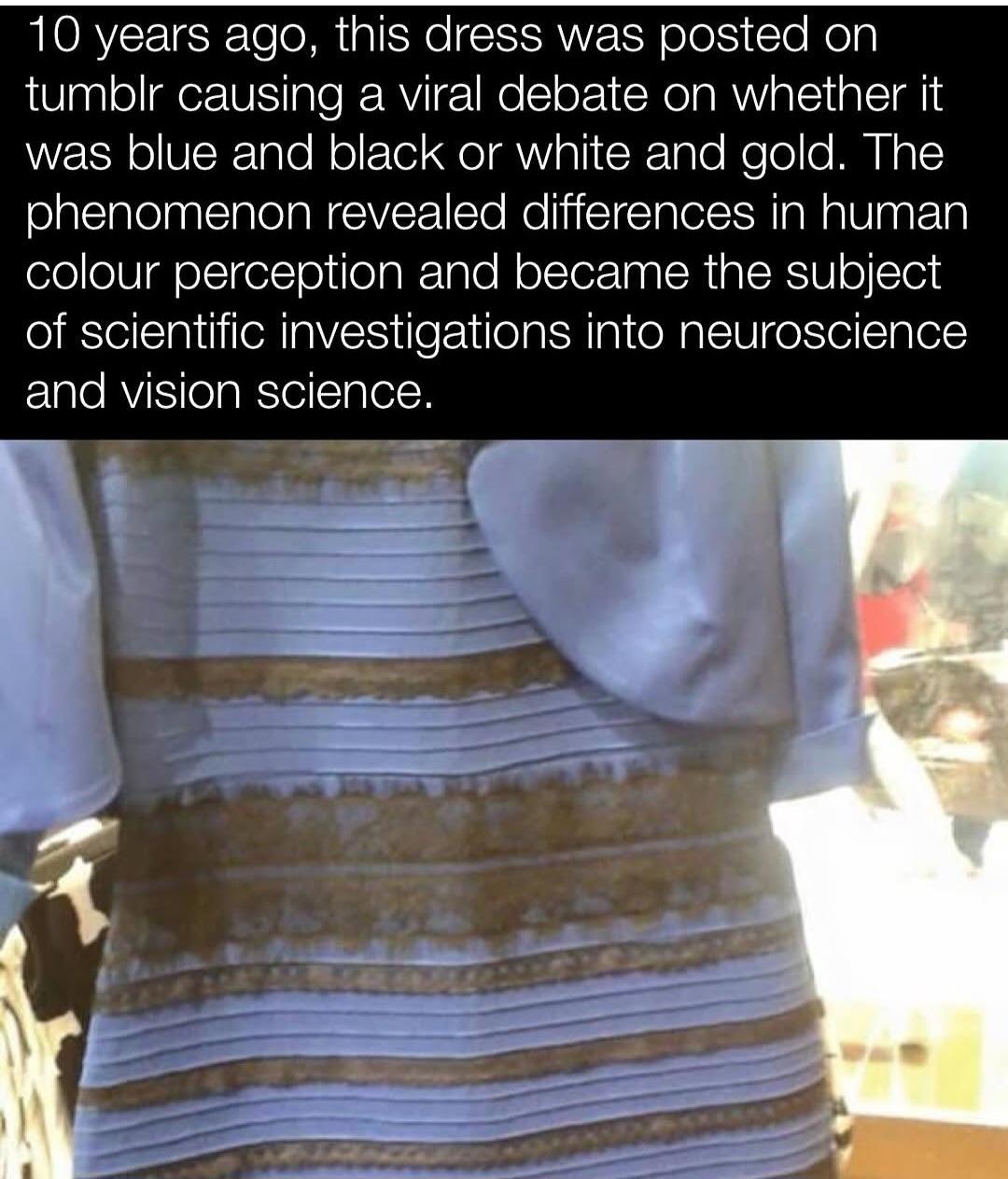this post was submitted on 21 Jun 2025
730 points (90.5% liked)
memes
17301 readers
1323 users here now
Community rules
1. Be civil
No trolling, bigotry or other insulting / annoying behaviour
2. No politics
This is non-politics community. For political memes please go to !politicalmemes@lemmy.world
3. No recent reposts
Check for reposts when posting a meme, you can only repost after 1 month
4. No bots
No bots without the express approval of the mods or the admins
5. No Spam/Ads/AI Slop
No advertisements or spam. This is an instance rule and the only way to live. We also consider AI slop to be spam in this community and is subject to removal.
A collection of some classic Lemmy memes for your enjoyment
Sister communities
- !tenforward@lemmy.world : Star Trek memes, chat and shitposts
- !lemmyshitpost@lemmy.world : Lemmy Shitposts, anything and everything goes.
- !linuxmemes@lemmy.world : Linux themed memes
- !comicstrips@lemmy.world : for those who love comic stories.
founded 2 years ago
MODERATORS
you are viewing a single comment's thread
view the rest of the comments
view the rest of the comments

The actual physical object photographed is black and blue.
White and gold appear when the brain makes the assumption that the dress falls within a shadow (effectively applying a filter that shifts the white balance towards bluer colors and brightness down significantly compared to direct sunlight). Only in real life, the photographed dress did not fall within a shadow, and instead was affected by a yellowish lens flare, so the subconscious color correction that leads a viewer to assume white and gold was erroneously applied.
I see white and gold. But to claim that it's "objectively" white and gold ignores how the human brain perceives color and ignores that the actual photograph was a blue and black dress.
Why do you assume it's a yellow tint? What if all the objects in the back are simply yellow?
The actual object is blue, the actual photograph is white. They are two separate concepts. We only think it's blue because we were told - how do we even know that's true, have you seen the dress in person? Using a color picker is the only objective solution that doesn't rely on flawed interference.